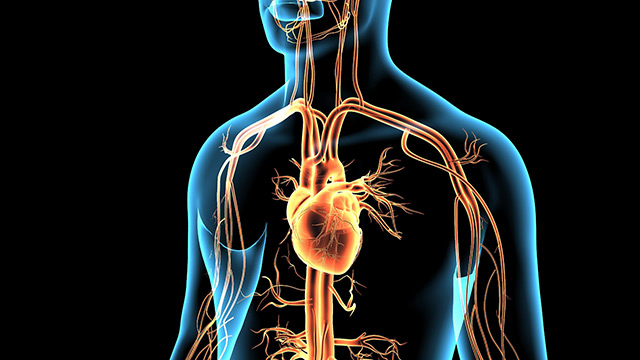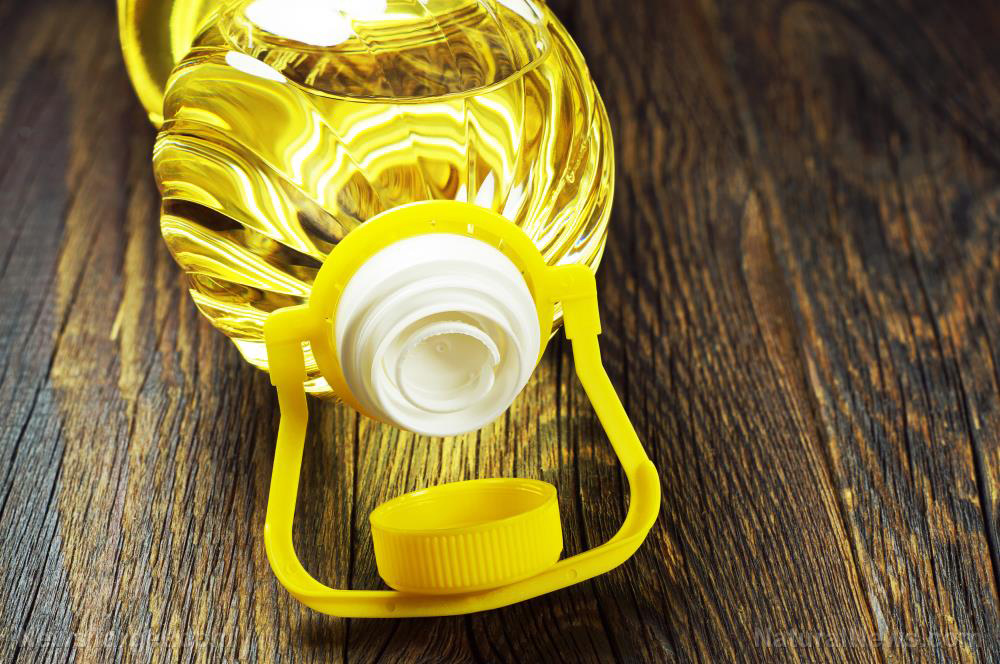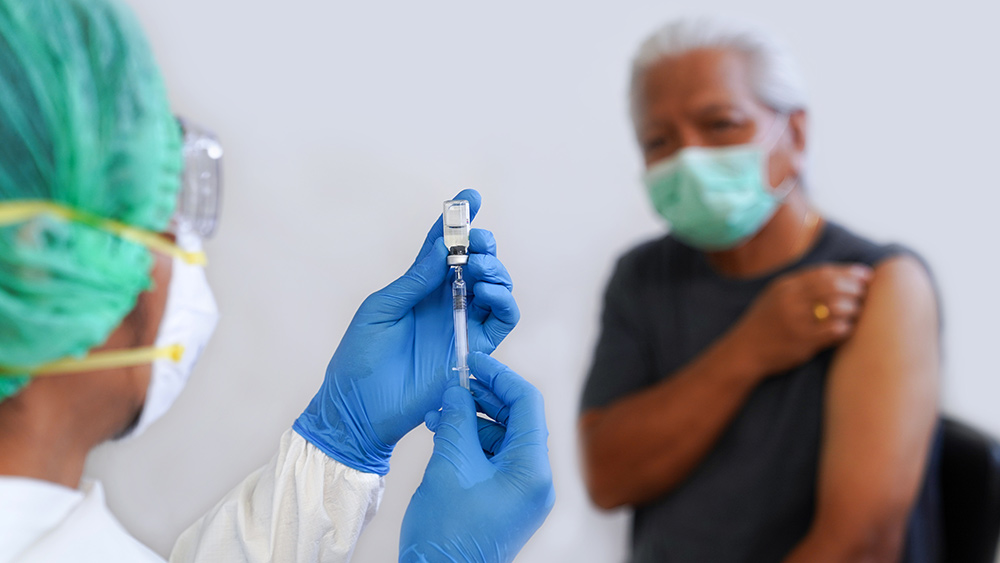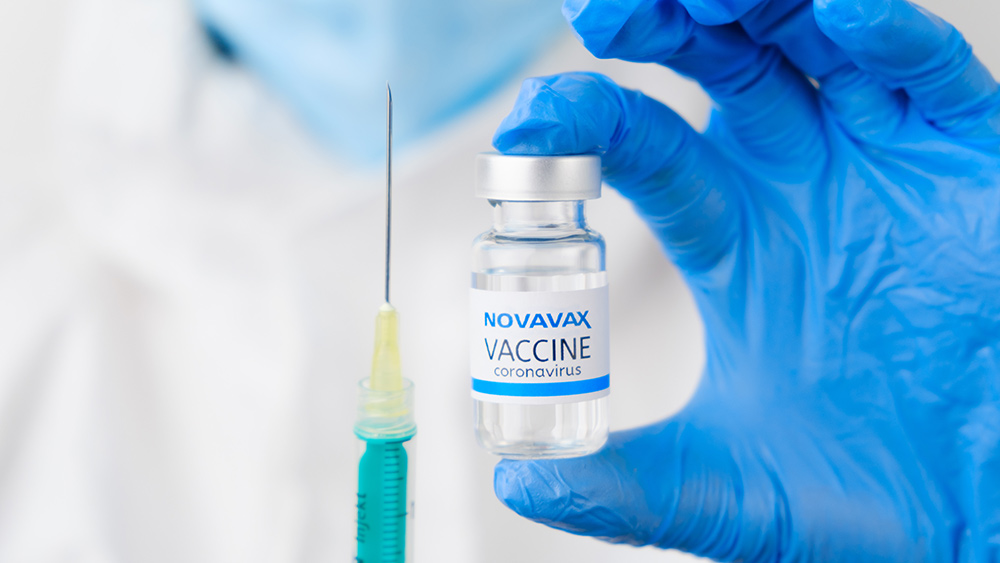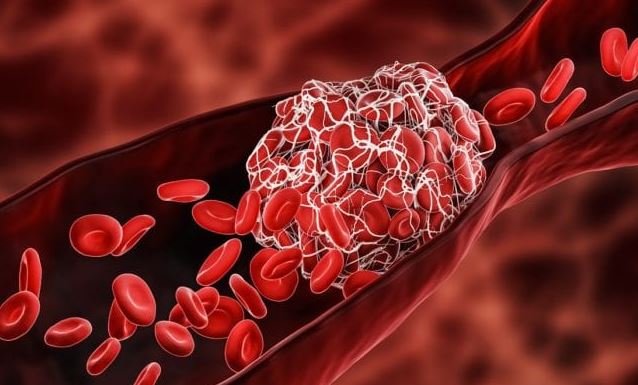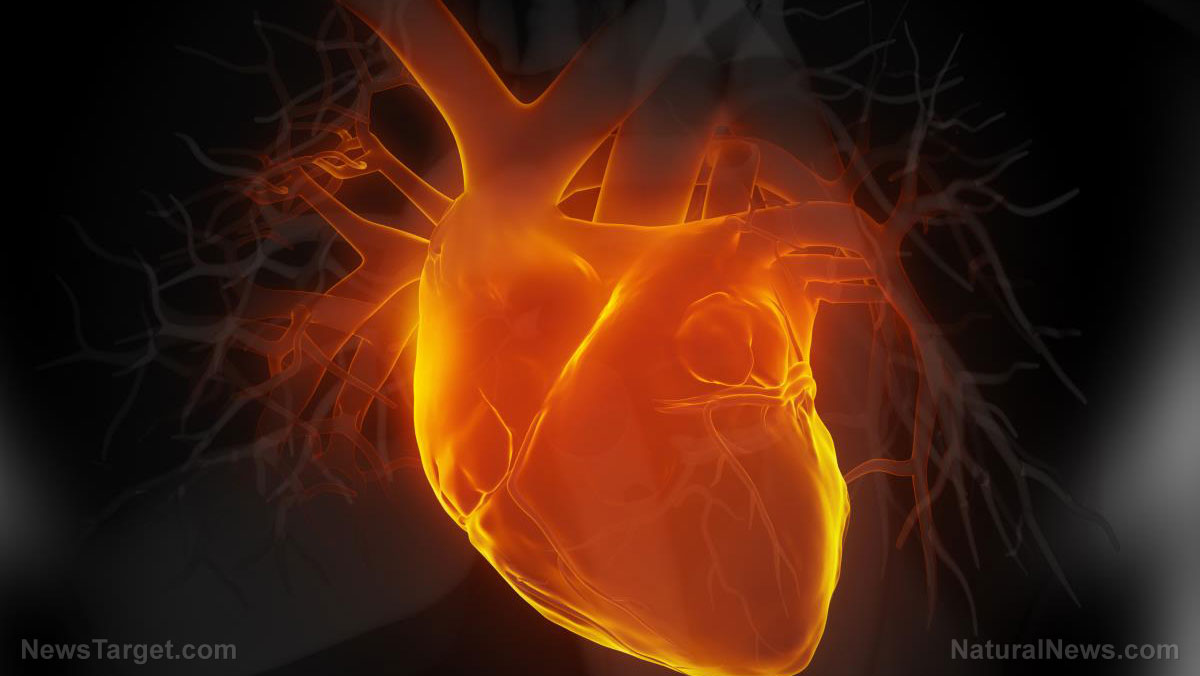The Robert Scott Bell Show: Dr. Jack Wolfson attests to artery-strengthening ability of super nutrient COPPER – Brighteon.TV
03/03/2023 / By Belle Carter
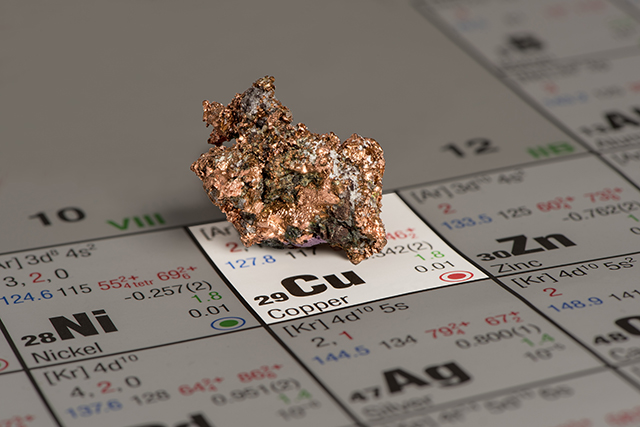
Despite people’s hesitation about copper being toxic, a board-certified cardiologist attested to the nutrient’s positive effects on vascular health as it strengthens arteries.
Cardiologist Dr. Jack Wolfson shared the benefits of copper during the Feb. 27 edition of “The Robert Scott Bell Show” on Brighteon.TV. The author of “The Paleo Cardiologist: The Natural Way to Heart Health” told program host Robert Scott Bell that copper is naturally present in some foods and is available as a dietary supplement.
“It’s certainly very interesting that the medical training is very brief regarding copper as a mineral and as a nutrient,” Wolfson said. “[While] we recognize the typical diagnosis of copper overload or Wilson’s disease is frankly very uncommon, we just don’t utilize the benefits of copper.”
The cardiologist added that copper plays a part in the electron transport chain and energy production, water production inside of a cell, and then ultimately it is a co-factor of the enzyme Lithium Chloride (LiCl) oxidase, which helps to make strong arteries and other tissues.
The heart doctor also said he is passionate about getting copper available to everyone, citing the best source of the nutrient is from animal flesh and organ meats, especially bison liver. “The American bison is a majestic animal and it is the best food for our bodies as it is free-range grass and grass-finished prairie fed,” he added.
According to the National Institutes of Health’s Office of Dietary Supplements, copper can be found in several foods such as shellfish, seeds and nuts, wheat-bran cereals, whole-grain products and chocolate. Tap water and other beverages can also be sources of copper, although the amount in these liquids varies by source.
According to Medical News Today, low copper levels have been linked to high cholesterol and high blood pressure. Too little copper can also lead to neutropenia, a deficiency of white blood cells which fight off infection.
The recommended daily allowance of copper intake is around 900 micrograms (mcg) a day for adolescents and adults, with an upper limit of 10,000 mcg or 10 milligrams (mg) a day for adults aged 19 years and up. An intake above this level could be toxic.
Focus on cardiovascular health also addresses kidney issues
On one hand, if one is deficient in copper, some health conditions and other factors can increase the risk. These include genetic defects of copper metabolism, absorption problems and too high an intake of zinc or vitamin C supplements. Some conditions, such as central nervous system demyelination, polyneuropathy, myelopathy and inflammation of the optic nerve may also be aggravated. Since copper is stored in the liver, deficiencies have the tendency to develop slowly over time.
On the other hand, excessive accumulation of copper has also been associated with Alzheimer’s disease. (Related: Do you consume too much copper? Copper from diet linked to increased risk of Alzheimer’s disease.)
Bell stressed that if people and medical practitioners focus on cardiovascular health, even kidney health can be enhanced and restored. Wolfson agreed, saying that the key to people with kidney disease certainly is monitoring their potassium, magnesium and sodium levels.
“What you’re going to look for is what happens as we want to be careful that potassium and sodium don’t go too high or too low as that would impact magnesium balance,” he said. “When you give the body the nutrients it needs to get the job done, you can expect improvement in renal function, not a deterioration improvement.”
Follow Nutrients.news for more stories about copper and other nutrients.
Watch the full Feb. 27 episode of “The Robert Scott Bell Show” featuring Dr. Jack Wolfson below. Catch new episodes of the program every Monday at 4-5 p.m. on Brighteon.TV.
More related stories:
High-dose copper reverses heart enlargement.
Copper toxicity associated with depression, schizophrenia and other disorders.
Liver is a shockingly potent superfood.
Grass-fed organ meat described by some as a micronutrient powerhouse for maximum nutrition.
Sources include:
Submit a correction >>
Tagged Under:
arteries, Brighteon.tv, cardiovascular health, copper, Jack Wolfson, kidney health, lithium chloride oxidase, nutrient deficiency, nutrients, nutrition, renal function, Robert Scott Bell, The Robert Scott Bell Show
This article may contain statements that reflect the opinion of the author
RECENT NEWS & ARTICLES
HeartDisease.News is a fact-based public education website published by Heart Disease News Features, LLC.
All content copyright © 2018 by Heart Disease News Features, LLC.
Contact Us with Tips or Corrections
All trademarks, registered trademarks and servicemarks mentioned on this site are the property of their respective owners.



